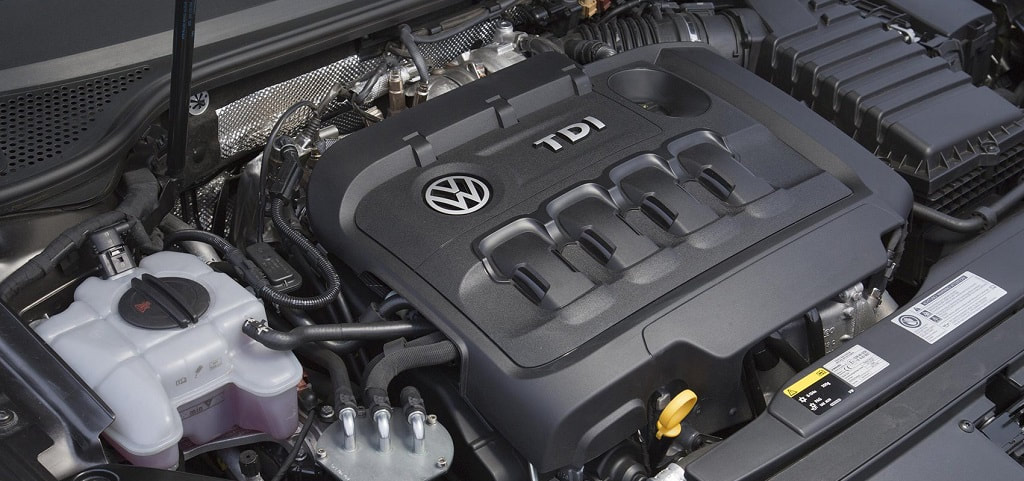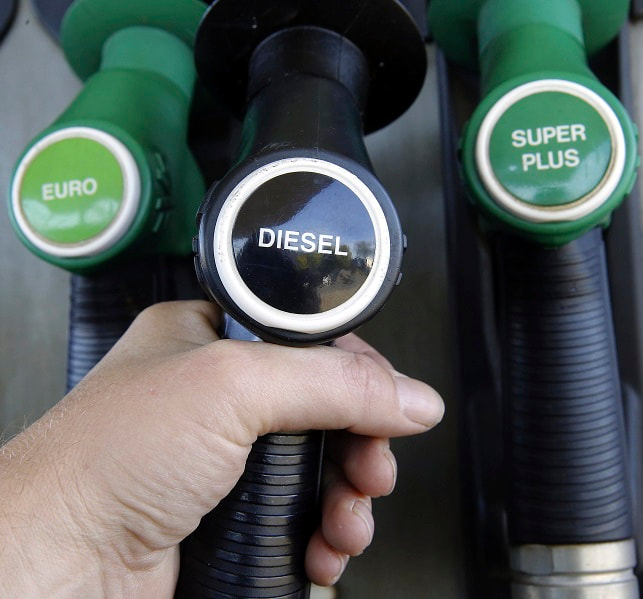Complex Liquid
A diesel engine is much more sensitive to fuel composition than its gasoline counterpart. The features of his work are such that injection, evaporation and combustion do not go anywhere, but directly in the cylinder, and very little time is allocated for this. Moreover, if for gasolines the differences in key parameters (octane number, fractional composition, content of different hydrocarbons and oxygen) are a few percent, then for diesel fuel (DT) the picture is much worse. A recent scheduled check of diesel fuel at gas stations of leading brands in one large northern city showed that the cetane number, the most important fuel parameter, ranged from 46 to 55 units, that is, by almost 20%! The distillation temperature of 95% of the samples varied from 290 to 360 ºС! It is known: the higher the distillation temperature, the worse the fuel evaporates, and the lower the cetane number, the more difficult it is to ignite. So much for the smoke and the unwillingness of the motor to spin.
Dirty Matter
To begin with, we took conditioned fuel, but passing along the very edge of our liberal rules. It remains only to finish it off - dilute with a fair percentage of kerosene. As a result, the cetane number dropped to 41, but the lubricity was only 402 microns (which, incidentally, meets the requirements of the regulations). The low-temperature properties of summer diesel fuel with the introduction of kerosene slightly improved, but it was still very far from real winter diesel fuel. Filterability was minus 9 ° C, solidification - minus 25 ° C. It's time to uncork the bottles!
What Diesel Accepted?
Test tubes and beakers are a good thing, but what will the motor say? To the changes that the universal Castrol TDA and Liqui Moly correctors made to the fuel, he really responded with a decrease in fuel consumption and smoke. By the way, in this case, smokiness is a much more sensitive indicator of improving conditions of mixture formation.
But narrowly targeted compositions such as "Energy-3000" and anti-gel motor characteristics practically did not improve. However, this was not promised in the description of the drugs - they are aimed at solving only one specific problem. So everything is fair. |
So, it all depends on the situation. In the summer, it is worth keeping a jar of universal fuel corrector in reserve and using it when necessary - when the engine becomes unwell after refueling. In winter, the situation is more complicated! The quality of fuel in the cold season much more affects the start-up of a diesel engine and its resource. Therefore, we would add a specialized lubricating additive to the glove compartment, which will help to compensate for the problems associated with the “kerosene” method of producing winter fuel, and would apply it every 3-5 refuelings. Antigels are needed during the transition period: in autumn and early winter. There are few cases when, with a steady minus, the remains of summer fuel are still being sold on the street! And we poured antigel into the tank every time, refueling at unknown and suspicious gas stations. They certainly won’t get worse from them, but they can save them from the “sticking” of the fuel system on a frosty night.
Cetane additive is needed at any time of the year on long trips. This is near the capitals we did not see any problems with the cetane number, but in distant Zamkadie they make life difficult.
If you want to know more about this check "best diesel fuel additive" for more detailed information.
Cetane additive is needed at any time of the year on long trips. This is near the capitals we did not see any problems with the cetane number, but in distant Zamkadie they make life difficult.
If you want to know more about this check "best diesel fuel additive" for more detailed information.


